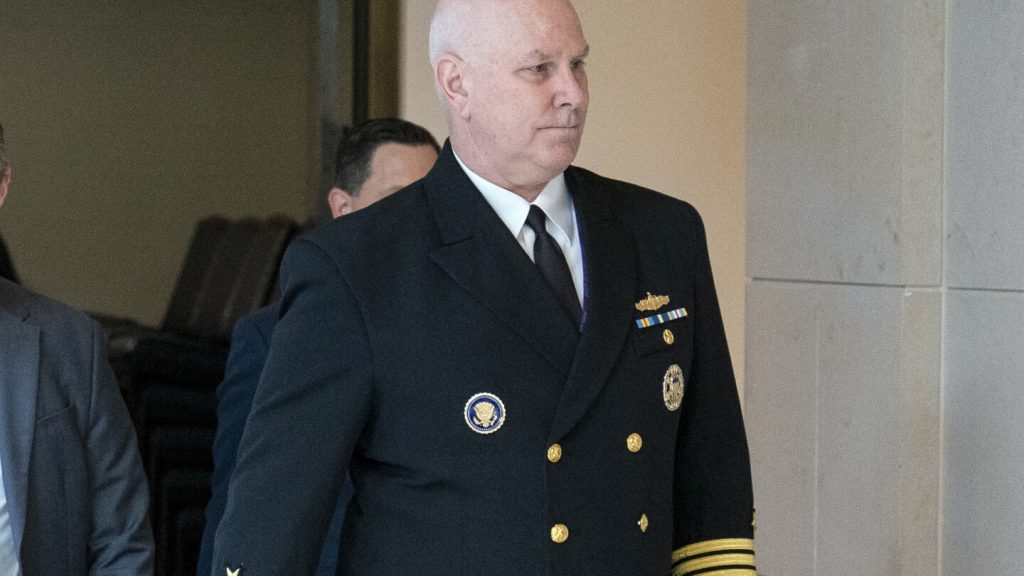The future of U.S. troops in Niger and Chad remains uncertain as discussions continue regarding their potential withdrawal. Niger recently ended an agreement allowing U.S. troops to operate in the country, prompting discussions between U.S. and Nigerien officials on the orderly withdrawal of American forces. Similarly, Chad has also raised questions about its agreement with the U.S., leading to concerns about the possible loss of U.S. influence in Africa to other countries like Russia and China. Despite these challenges, U.S. military officials emphasize the importance of establishing strong partnerships with African countries to combat violent extremist organizations in the region. Negotiations are ongoing to determine the final disposition of U.S. forces in both Niger and Chad.
The political situation in Niger has further complicated relations with Western countries, including the U.S., following the ousting of the country’s democratically elected president by mutinous soldiers. The ruling junta has turned to Russia for security assistance, leading to the arrival of Russian military trainers to reinforce Niger’s air defenses and train local forces. In Chad, the government has also requested the departure of U.S. forces, prompting discussions between U.S. officials and Chadian authorities to make the case for American troops to remain in the country. If U.S. forces are ultimately asked to leave Niger and Chad, the military will need to find alternative ways to conduct counterterrorism missions in the Sahel region.
Amidst these challenges, U.S. officials are working to solidify their partnerships with African nations to address security threats from violent extremist organizations. Joint Chiefs Vice Chairman Adm. Christopher Grady emphasized the importance of demonstrating to African countries why the U.S. partnership is crucial for their security and stability. Efforts are focused on empowering and collaborating with African partners to effectively combat terrorism in the region. Negotiations are ongoing to establish new military agreements with Niger and Chad, but no final decision has been made on the presence of U.S. troops in these countries.
The potential withdrawal of U.S. troops from Niger and Chad has raised concerns about the broader geopolitical implications for U.S. influence in Africa. With Russia and China expanding their presence and security partnerships in the region, there is a growing competition for influence and strategic interests. U.S. military officials are working to address these challenges and reaffirm the U.S. commitment to supporting African countries in combating terrorism. The outcome of the discussions with Niger and Chad will shape the future approach of the U.S. military in the Sahel region and determine the strategy for conducting counterterrorism operations in the area.
As negotiations continue between U.S. officials and authorities in Niger and Chad, the focus remains on finding a mutually beneficial solution that addresses the security concerns of both parties. The U.S. military is committed to working with African nations to enhance their capacity to combat terrorism and violent extremism, but the final decision on the presence of American forces in Niger and Chad is still pending. The outcome of these discussions will have significant implications for U.S. national security interests in Africa and the overall approach to countering violent extremist organizations in the Sahel region. The challenges and complexities of the situation highlight the importance of strategic partnerships and diplomatic engagement in addressing security threats in Africa and beyond.


